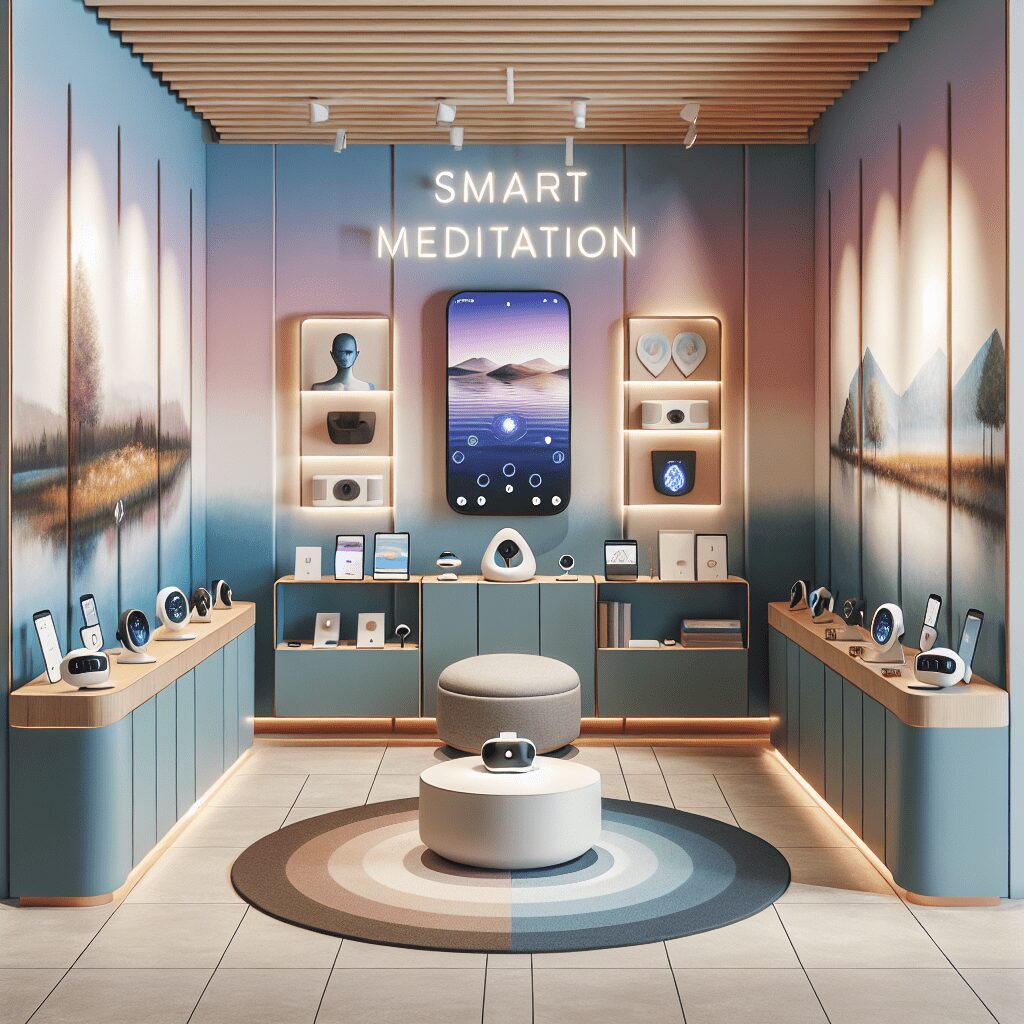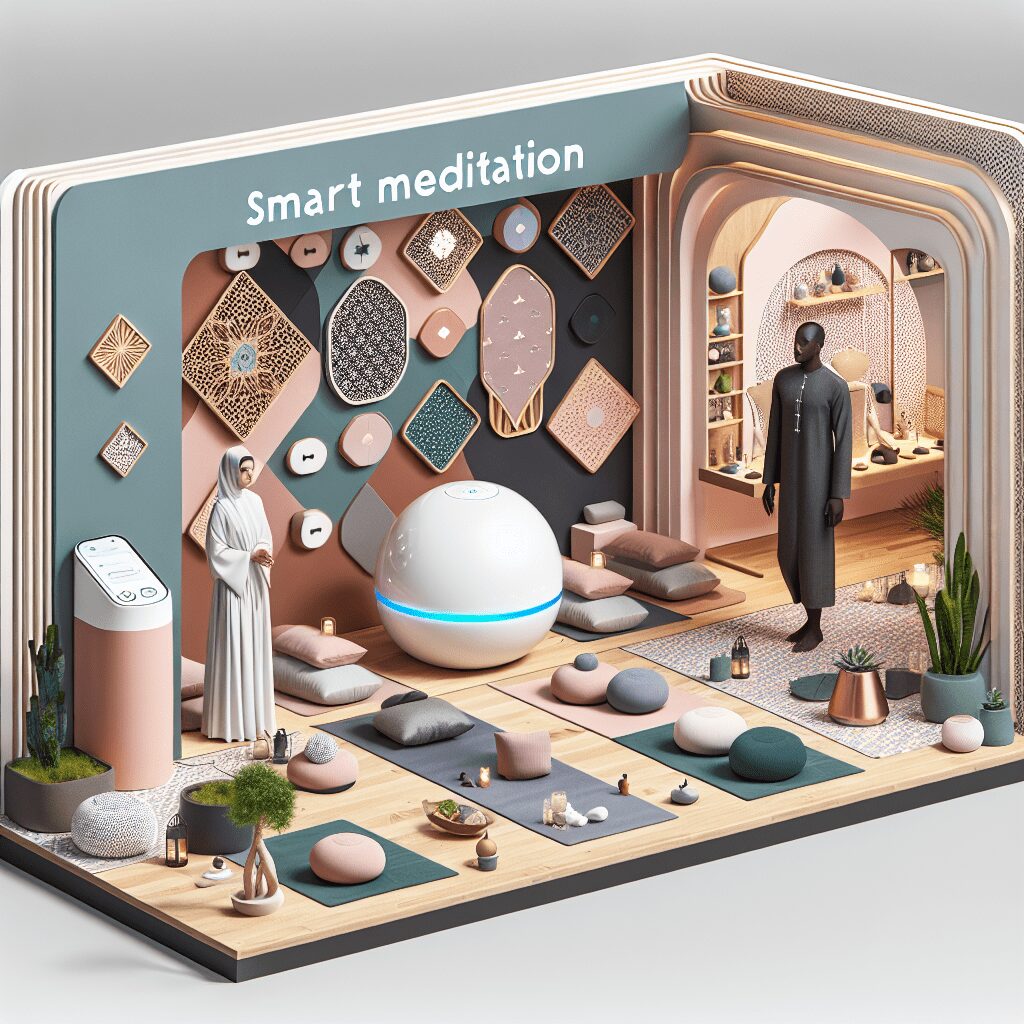
Prioritize your mental well-being daily. Enhance your life by nurturing your mental health with the Smart Meditation app. Break free from stress, alleviate anxiety, and enhance your sleep quality starting today.
Can Lack Of Sleep Cause Anxiety Attacks?
Unraveling the Nighttime Nemesis: How Sleep Deprivation Fuels Anxiety
In the whirlwind of our 24/7 world, where the glow of screens competes with the rhythm of the sun and the buzz of notifications drown out the lullabies of the night, a silent thief often robs us of our most precious commodity—sleep. But it’s not just bags under the eyes or a midday yawn fest we’re signing up for when we skimp on shut-eye; there’s a more insidious consequence lurking in the shadows. Cue the question that’s been keeping many up at night: Can lack of sleep indeed trigger anxiety attacks?
A Tangled Web: Sleep & Anxiety’s Vicious Cycle
Before we dive into the nitty-gritty, let’s get one thing straight—our brains are not just passive blobs of goo. They’re intricate, buzzing networks where chemicals and hormones play tag, memories are tucked away, and emotions swirl around like a kaleidoscope. Sleep, or the lack thereof, plays a monumental role in this internal ballet. Here’s how:
- The Chemical Cocktail: Think of your brain as a sophisticated cocktail party. Sleep is like the master mixer, ensuring that stress hormones and neurotransmitters are in perfect balance. Skimp on sleep, and the party can quickly turn chaotic, with stress hormones like cortisol overstaying their welcome, leaving you feeling anxious and on edge.
- REM Revelations: REM sleep, the phase associated with vivid dreams, is crucial for emotional regulation. When you’re cutting corners on sleep, you’re essentially gatecrashing your own REM party, which can leave your emotions—especially anxiety—running wild.
- The Insomnia-Insecurity Tango: Chronic sleep deprivation and anxiety are locked in a dance more intricate than the tango. The more anxious you feel, the harder it is to sleep; the less you sleep, the more your anxiety levels spike. It’s a cycle that’s as hard to break as a bad habit.
Hitting the Hay: Strategies to Snooze Smoothly
Alright, so now we’re aware that pulling all-nighters or binging on Netflix till the wee hours can indeed set the stage for anxiety to waltz in. What’s next? How do we dodge this bullet? Here’s a quick rundown:
- Set the Scene: Keep your bedroom cool, dark, and gadget-free. Consider it your personal oasis of calm.
- The Power of Routine: Bodies love rhythms and routines. Try to hit the sack and wake up at the same time every day, even on weekends. Yes, it sounds like a drag, but your brain will thank you.
- Mind your Diet: Steering clear of caffeine and heavy meals before bed can keep restless nights at bay.
- Wind Down Wisely: Incorporate relaxation techniques like meditation or reading (an actual book, not your phone!) into your bedtime routine.
Wrapping It Up: Sleep Tight, Don’t Let the Anxiety Bite
In the grand tapestry of wellbeing, sleep and mental health are interwoven with threads more intricate than we once thought. The question of whether lack of sleep can cause anxiety attacks is met with a resounding “Yes, indeed.” However, by understanding this complex relationship and adopting strategies to promote better sleep, we can keep anxiety at bay and embrace the tranquility of nighttime once again. So, here’s to counting sheep, catching Zs, and keeping the nighttime jitters in the fictional realm where they belong.





